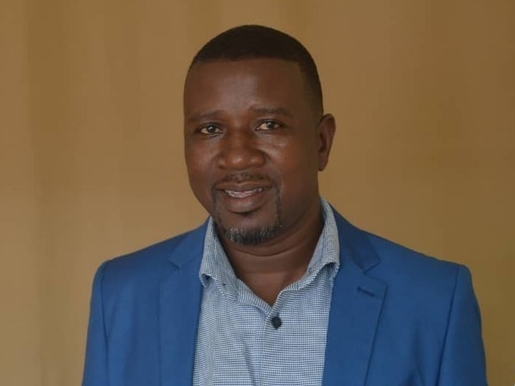Copperbelt-based good governance activist, Peter Mulenga, has demanded equal opportunities for local suppliers and contractors at Mopani Copper Mines. His call comes after a group of local suppliers and contractors threatened to stage a protest over alleged unfair awarding of contracts at the mine, particularly in favor of foreign firms.
Mulenga expressed his support for Copperbelt Minister Elisha Matambo’s decision to launch an investigation into the complaints from local suppliers and contractors. These suppliers allege that they are being unfairly excluded from business opportunities at Mopani in preference to foreign companies. Mulenga emphasized that local suppliers and contractors should not be discriminated against in their own country and that marginalized groups deserve equal access to contracting and supply opportunities at the mine.
“We demand equal opportunities at Mopani Mine. The time has come for us to raise our voices against the systemic inequality at Mopani, where local suppliers are still denied equal opportunities for contracts. When Glencore withdrew from Mopani, the mine depended on the hard work and sacrifices of local suppliers, but these same suppliers, especially those from the Copperbelt, are still being denied the equal opportunities they deserve. This is not just about supply and contracting; it is about justice, dignity, and the right to thrive,” Mulenga said.
The main grievances voiced by local suppliers include discrimination in the awarding of contracts, as well as a lack of social investment in the surrounding communities. Despite having the necessary experience and skills, local businesses, particularly those from historically disadvantaged groups, are reportedly being excluded from lucrative contracts at the mine. Mulenga also highlighted the fact that, despite the mine’s significant profits from Zambia’s natural resources, the surrounding communities have seen little economic development or social support in return.
In response to these issues, Mulenga laid out several demands:
- Equal Supply and Contracting Opportunities: Qualified local suppliers and marginalized groups should be given equal access to all supply and contracting opportunities at Mopani.
- Investment in Local Communities: A portion of the mine’s profits should be reinvested into local communities, supporting improvements in education, healthcare, and infrastructure.
- Environmental Responsibility: Mopani Copper Mines must take responsibility for its environmental impact and invest in measures to reduce pollution and environmental damage in the local area.
- Transparency & Accountability: Mulenga is calling for transparency in how the mine operates, urging clear public accountability regarding the treatment of workers and the allocation of resources.
In his remarks, Mulenga emphasized that the resources extracted from the land by Mopani Copper Mines belong to the local people and should benefit them directly. He believes that the time has come for local suppliers and contractors to demand nothing less than equality, dignity, and justice at Mopani Copper Mines.
The situation has drawn widespread attention as more voices from local businesses continue to express frustration over their exclusion from opportunities at the mine. As investigations continue and the community advocates for change, the call for equal treatment of local suppliers and fair distribution of resources remains at the forefront of the debate surrounding Mopani Copper Mines.






